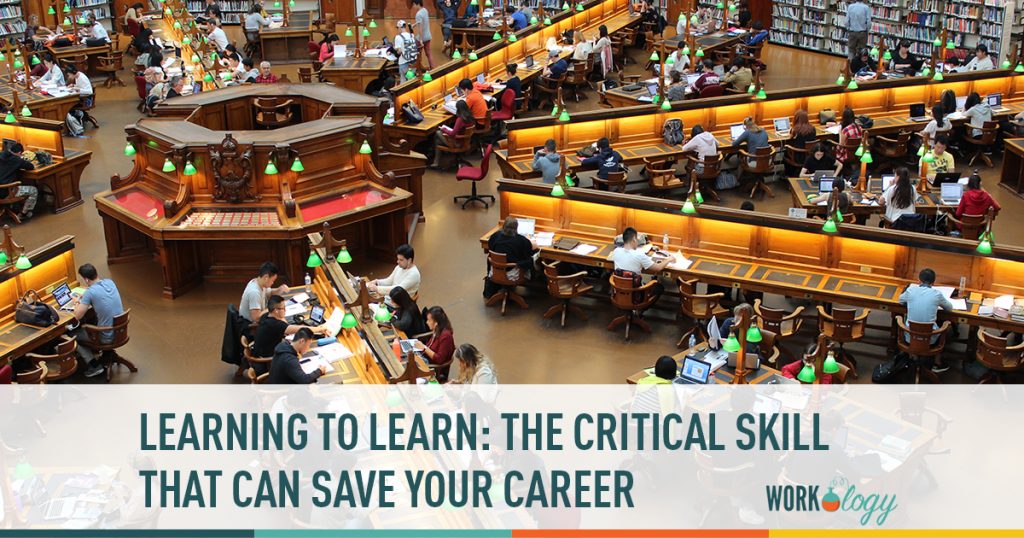I read an interview with Max Ventilla, CEO and Founder, AltSchool. According to their website AltSchool is “a partnership between educators, entrepreneurs, and engineers who are driven to deliver whole-child, personalized learning so that every child can reach their potential. […] We’re working together to build a comprehensive platform to personalize learning in schools, with the goal of making the best education the most accessible.” In this interview about the future of students Mr. Ventilla gave some information that I think is cogent to all of us in our careers. It is about what is important to learn.
The Hierarchy of Learning
The interviewer, Gautam Jaggi, Director at EY, Member of EYQ, writing on the website NewCo, asked Ventilla “What knowledge and skills will people need in the future of work, and how can education prepare them for it?” Ventilla said there is a hierarchy. He said that at the bottom are facts and figures. Then come the skills of math and language. These are followed by what he says is the “apex skill.” This apex skill is “learning to learn.” For many of us that is what we tell children today in school. We tell ourselves and those around us that knowing how to learn will be the saving grace for many of us as the future advances. Unfortunately, Ventilla says that is no longer enough.
New Apex Skill
Ventilla says that to be productive, and employed, in the future we need a new apex skill. We need to be able to develop “problem seeking and the ability to find the right problems to work on.” I saw an example of this while watching a show today. A museum had a fossil that had been there for many years. It was of a puzzling creature that no one had ever seen. There were other examples of this creature, but regardless of how many examples they had no one could figure out how to classify this tiny creature. Most examiners thought it was an invertebrate of unknown origin.
The problem was solved when a newly minted college student came to work at the museum. Using new equipment, she and her coworkers discovered that the creature was not an invertebrate, but rather had a primitive spinal cord. This allowed them to reclassify and find a relative in the known fossil record and ultimately a related creature today. She used her creativity, her knowledge of newer equipment and techniques to find the right problem to work on.
Creativity
In a post I wrote last February, called Future Friday: Creativity is the key to survival, I talked about the importance of creativity for HR departments and helping employees work in an environment of innovation. It will be critical to helping employees survive the onslaught of AI and job replacement. For yourself, understanding how creativity plays into your job will be critical. You must learn how to know what are the right problems to work on. Quoting from my blog, here are the tips I suggested.
- Foster an openness to innovation. “Innovation entails creative tension and a willingness to take risks” says Mr. Horne, a statement repeated often in the HR literature and advice we often try to give our managers. But how often do we follow it ourselves? We know that innovation must be encouraged not punished. Do you have reward mechanisms in place to do so?
- Expand your pipeline of new ideas.Exposure to information outside the organization. This means you need to be exposed to ideas beyond the company walls. READ blogs, newsletters, periodicals and books. And don’t just read HR stuff. I got this information from InformationWeek.
- Triage the Most Promising Ideas.This was a very interesting point. Mr. Horne says that often the problem is not the number of ideas but deciding which among them is the best. He makes the point “A traditional project proposal without measurable ROI may just be a bad proposal, but an innovative idea may have no measurable ROI because it hasn’t been tested…..The idea is to determine whether an innovation warrants further exploration, not to generate a business case or estimate ROI, as too little is known about the innovation to assess the business case effectively.”
- Adopt a “Test and Learn” Approach.No one likes to have an idea fail. But it happens. If the person failing is then punished for that failure what are the chances you will have them stick their neck out again? So you need to test. Do some scenario planning. If you have a large enough group you can do a pilot project. If it falls flat then learn from the missteps and revise.
Take these lessons to heart if you want to stay employed.










One Comment
Very Good article. Thanks for sharing.
Comments are closed.